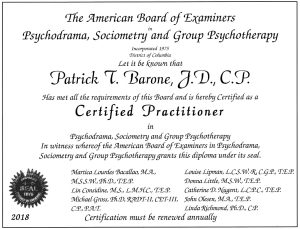Search
Michigan’s Stand Your Ground Self Defense Law Precludes Prosecution of Calhoun County Bouncer
The Calhoun County Prosecutor has confirmed that he will not be seeking criminal charges after a security guard shot and killed an individual involved in a bar fight. In this case, on Thanksgiving, the guard was providing security at a bar that was extremely overcrowded. A brawl broke out on the second floor, and as he attempted to intercede, the guard was punched, kicked, and pushed to the ground by multiple people. While attempting to get up after being assaulted he was jumped on by the man who was ultimately shot. The security guard pulled his firearm, aimed, pulled the trigger, and discharged his weapon at the attacker, who was taken to the hospital and eventually died.
The security guard was subsequently taken into custody and charges were sought. After two months of investigating the facts of this case, the prosecutor made the determination that no criminal charges would be authorized. He based this decision the facts learned during his investigation as applied to Michigan’s Stand Your Ground laws. Specifically, the prosecutor said “because of Michigan’s ‘stand-your-ground’ law, the security guard cannot be charged unless it can be proven he was not acting in self-defense.” (The difficulty of reading this quote demonstrates why two negatives should not be placed in the same sentence!)
The Michigan Gun Crimes Lawyers at the Barone Defense Firm commend the prosecutor for his decision, but many prosecutor’s do not have such courage. We represent and defend the rights of citizens charged and investigated for crimes involving self-defense and legal use of firearms, so we understand why the prosecutor’s decision was difficult and don’t envy him for having to make it. This is a very complex and sensitive legal topic that has significant legal, political, and public ramifications. This case highlights all of this, and invites a discussion of Michigan’s self-defense laws.
 Michigan Criminal Defense Lawyer Blog
Michigan Criminal Defense Lawyer Blog


 The Barone Defense Firm is pleased to announce that founding member Patrick T. Barone has become the first Michigan lawyer to obtain certification as a Trainer, Educator and Practitioner (TEP) of Psychodrama.
The Barone Defense Firm is pleased to announce that founding member Patrick T. Barone has become the first Michigan lawyer to obtain certification as a Trainer, Educator and Practitioner (TEP) of Psychodrama.